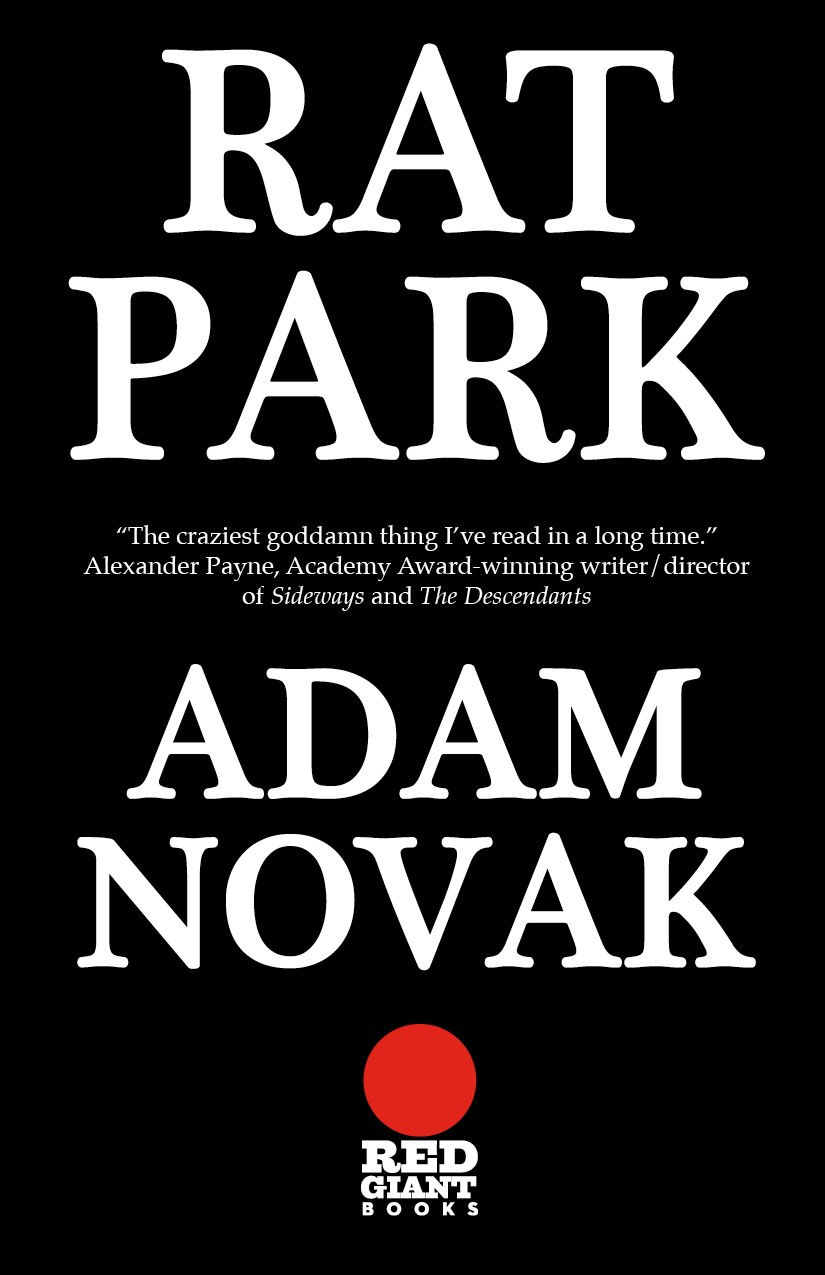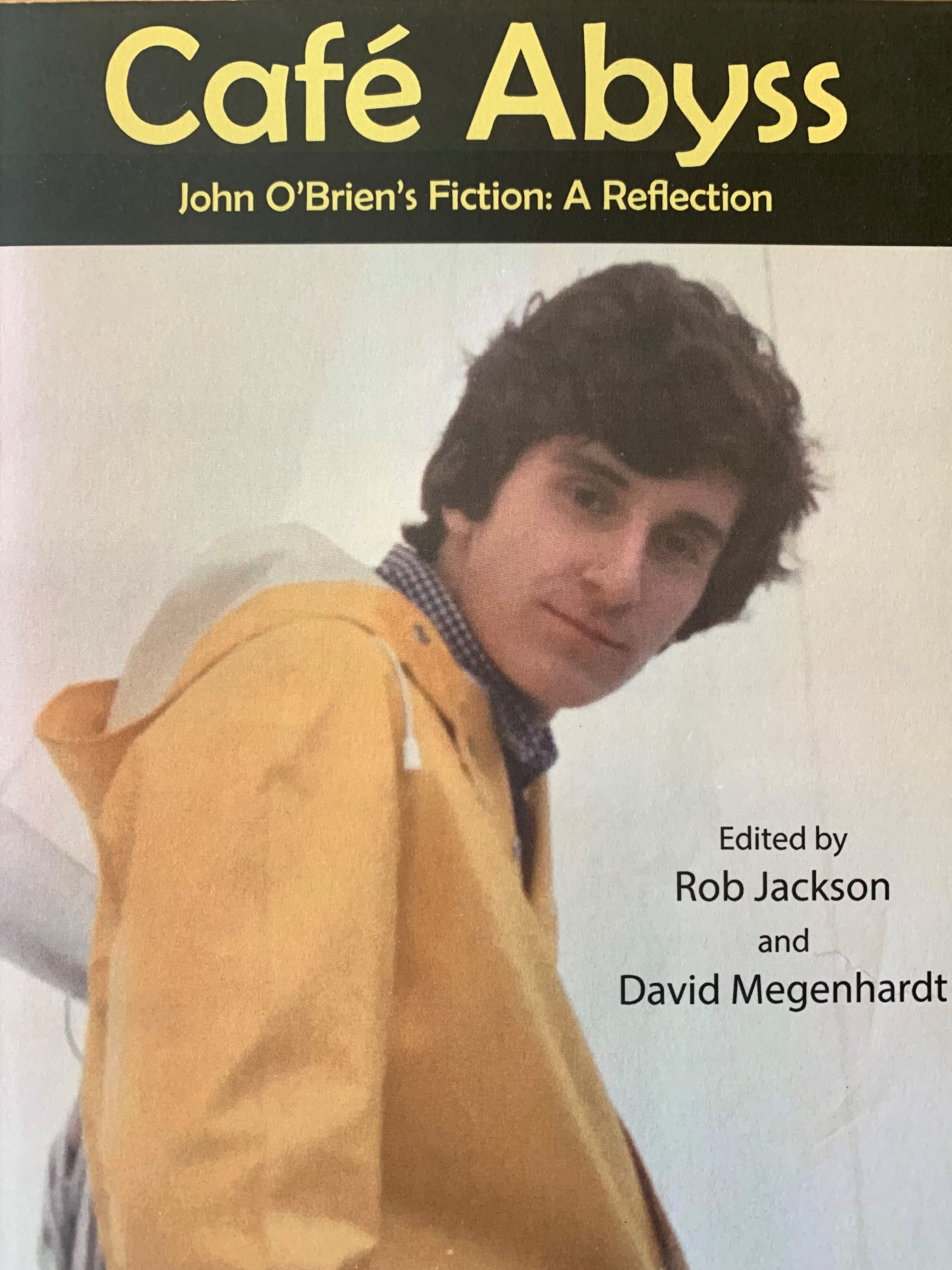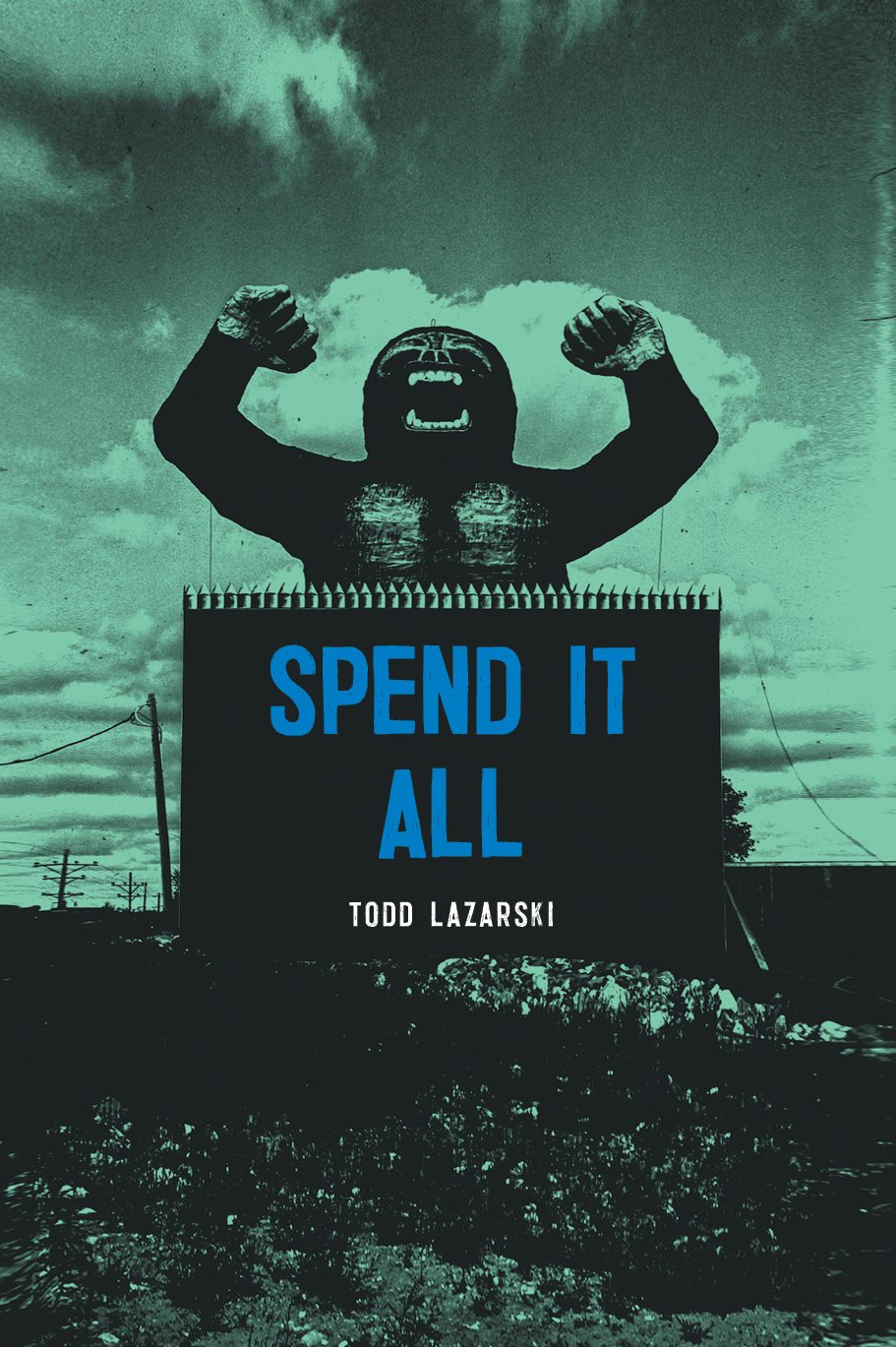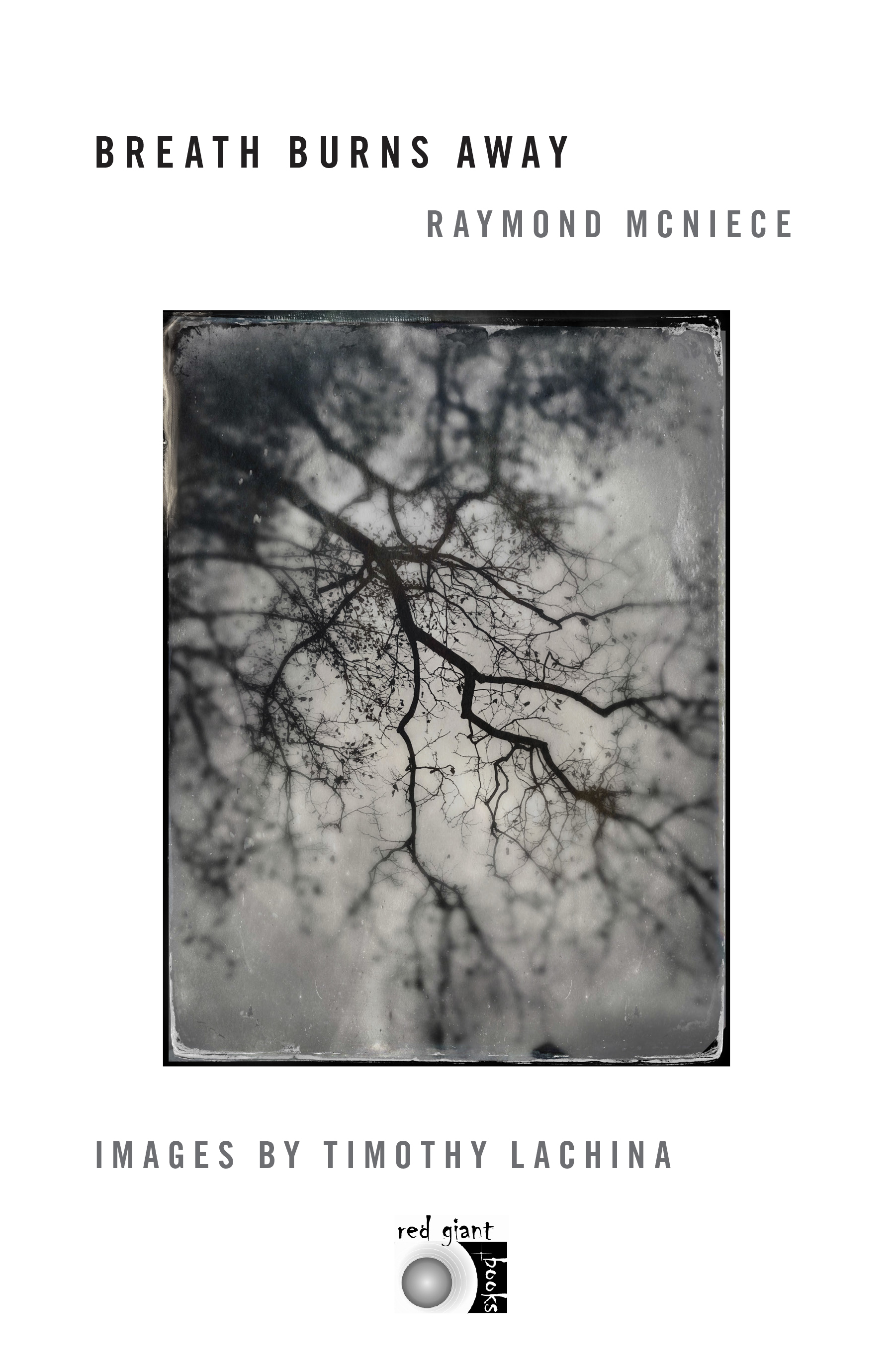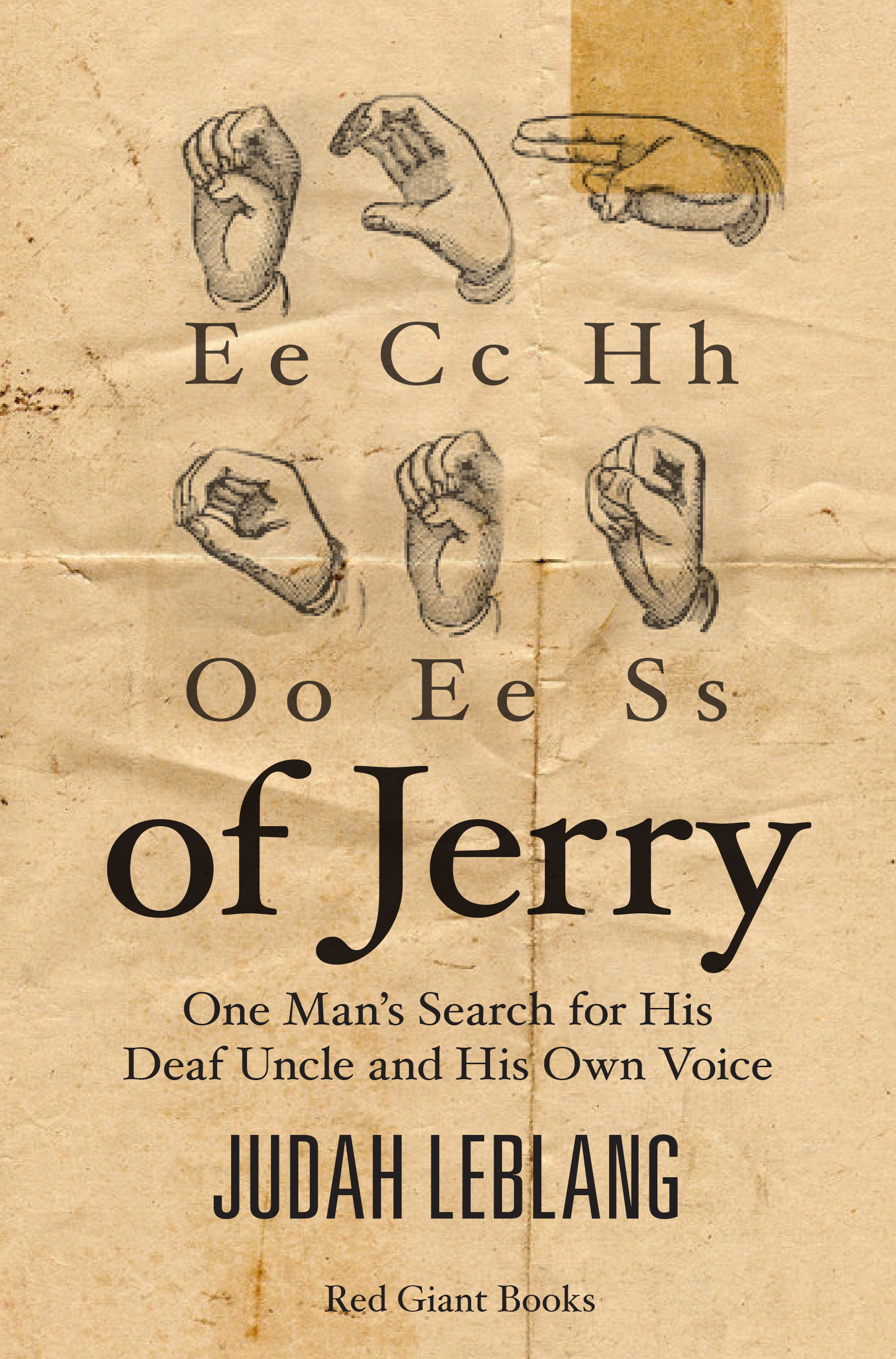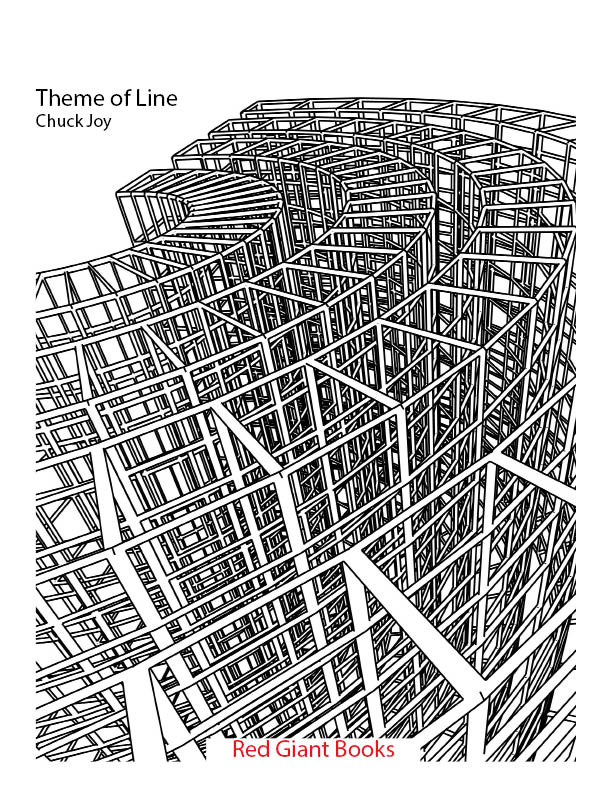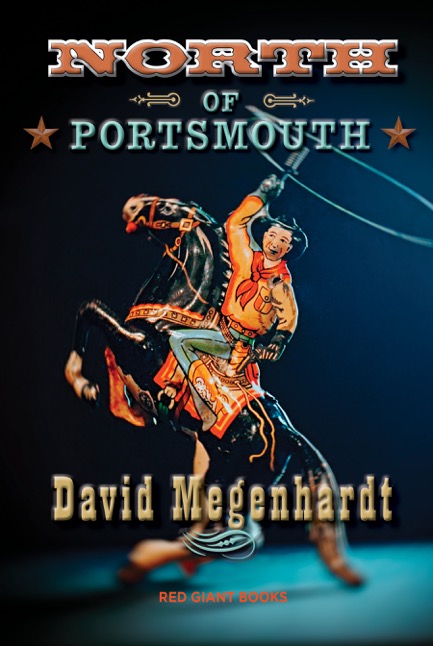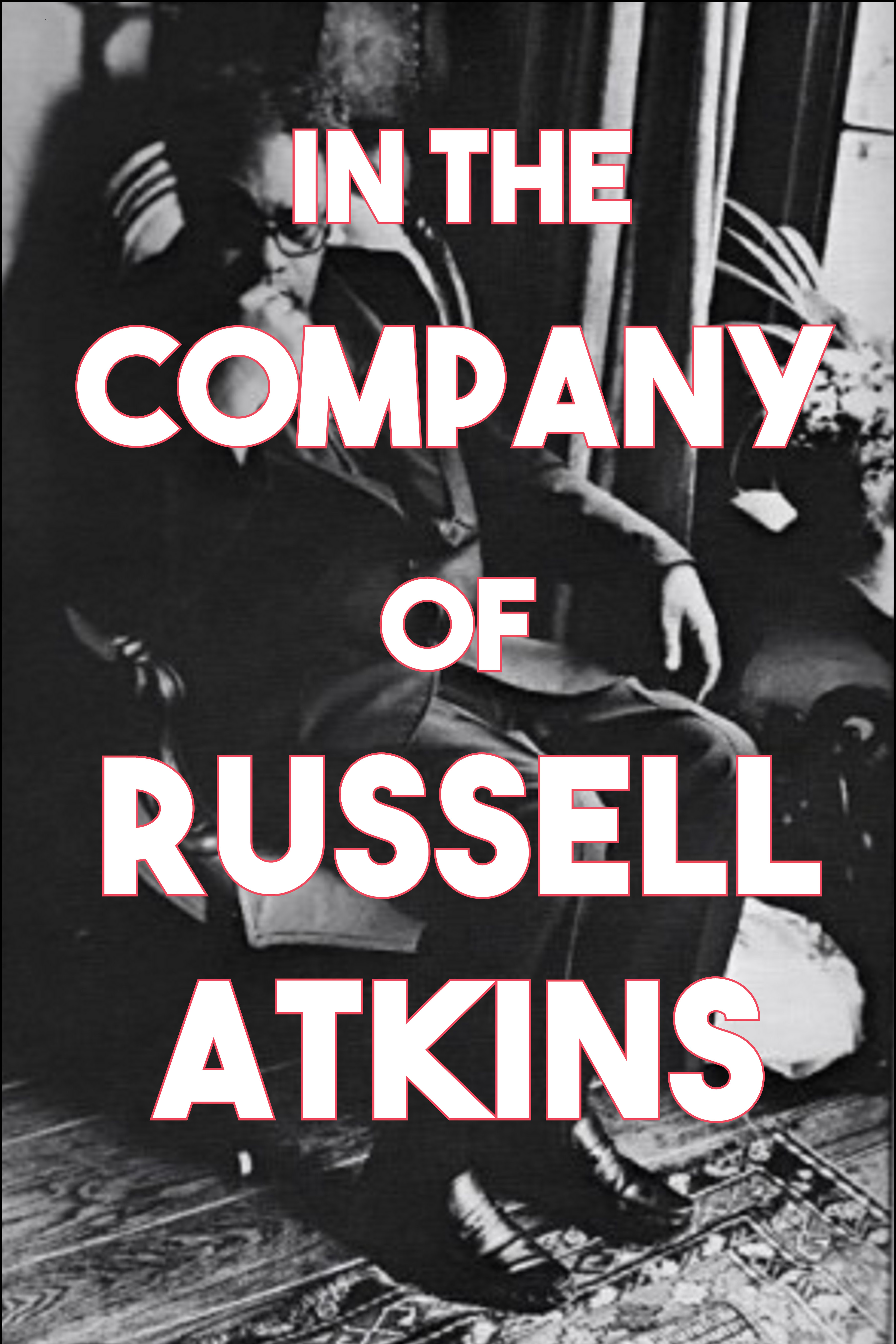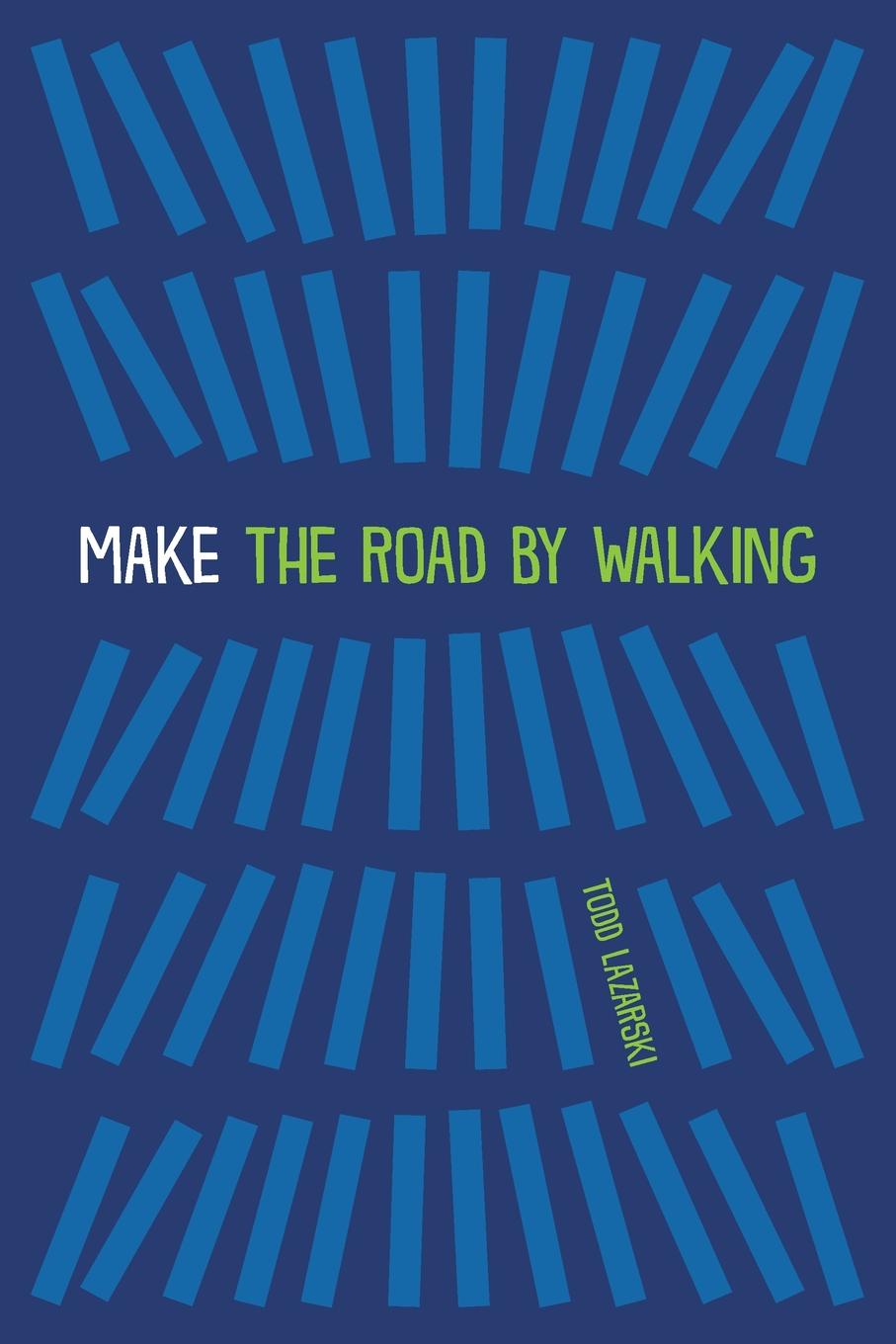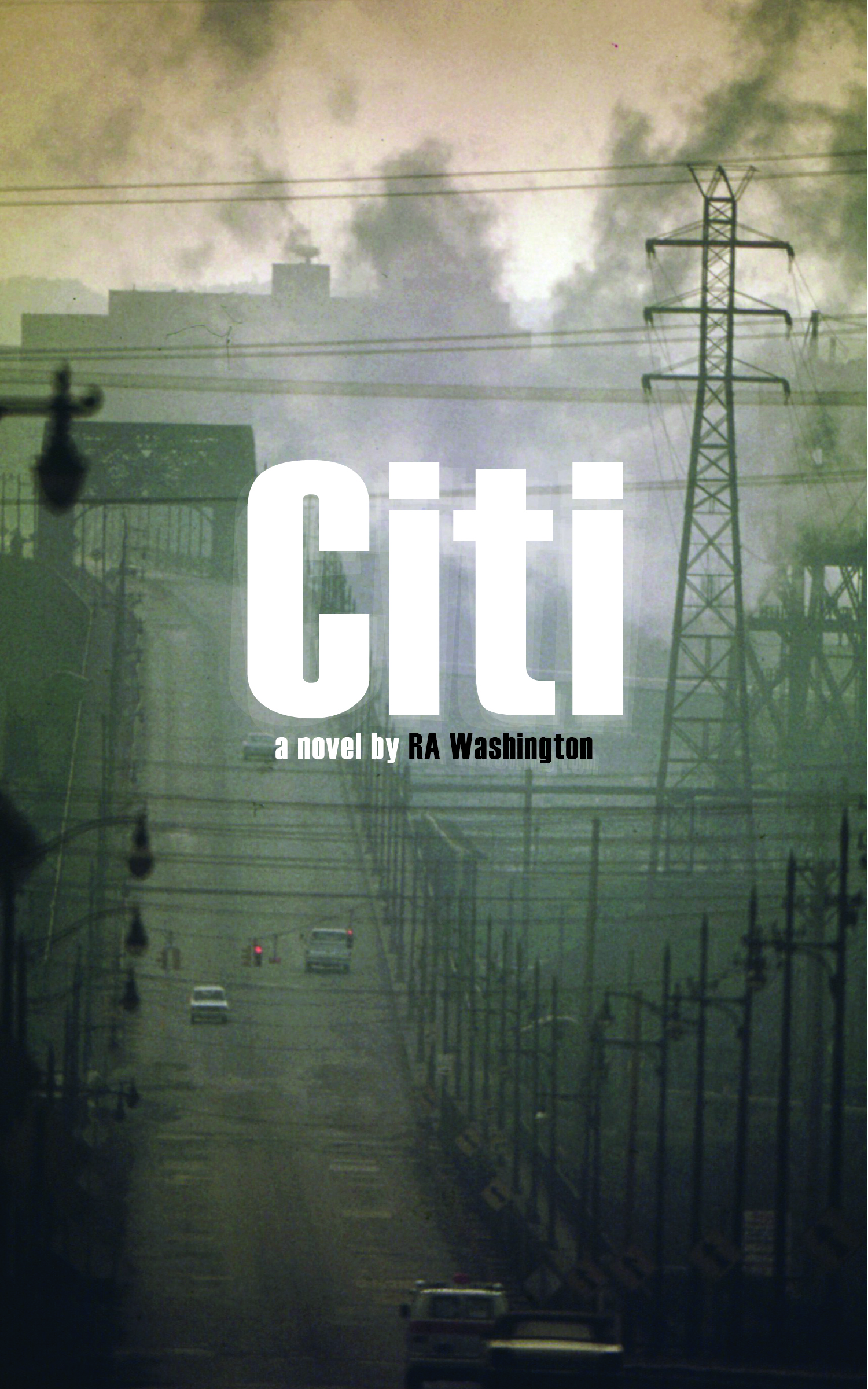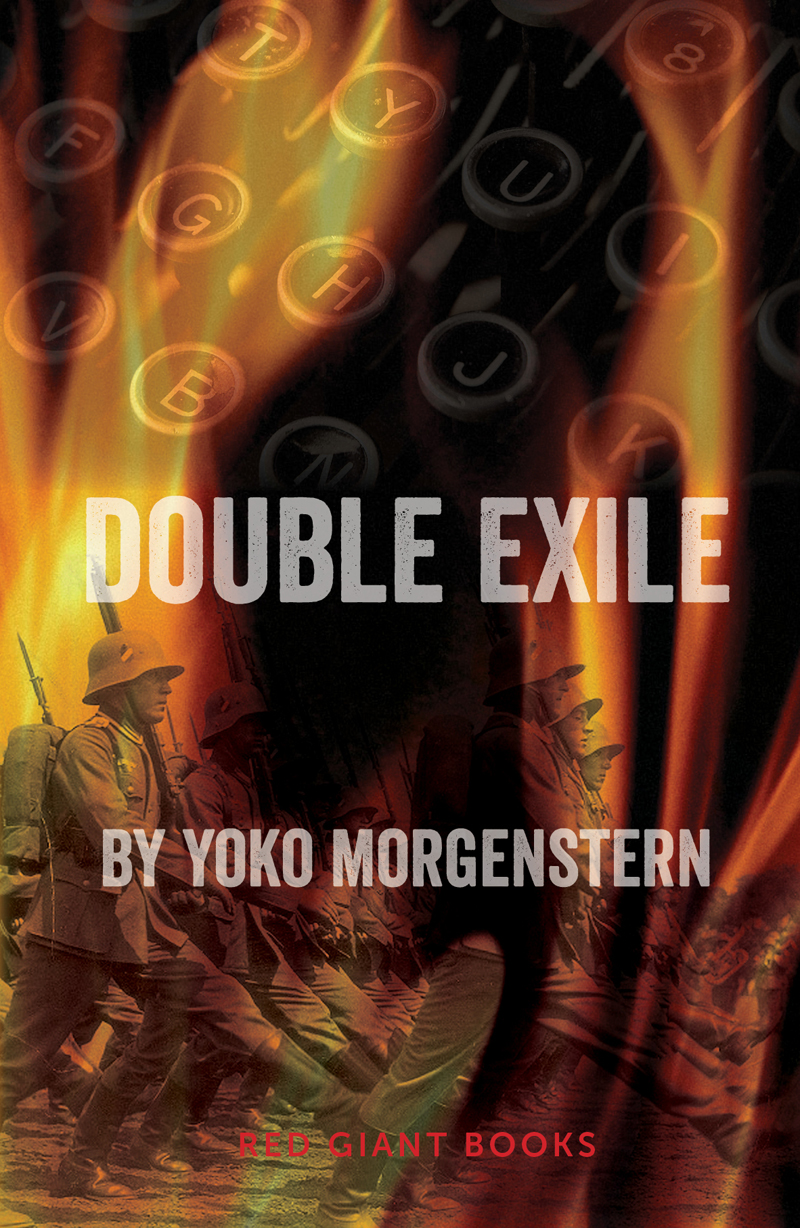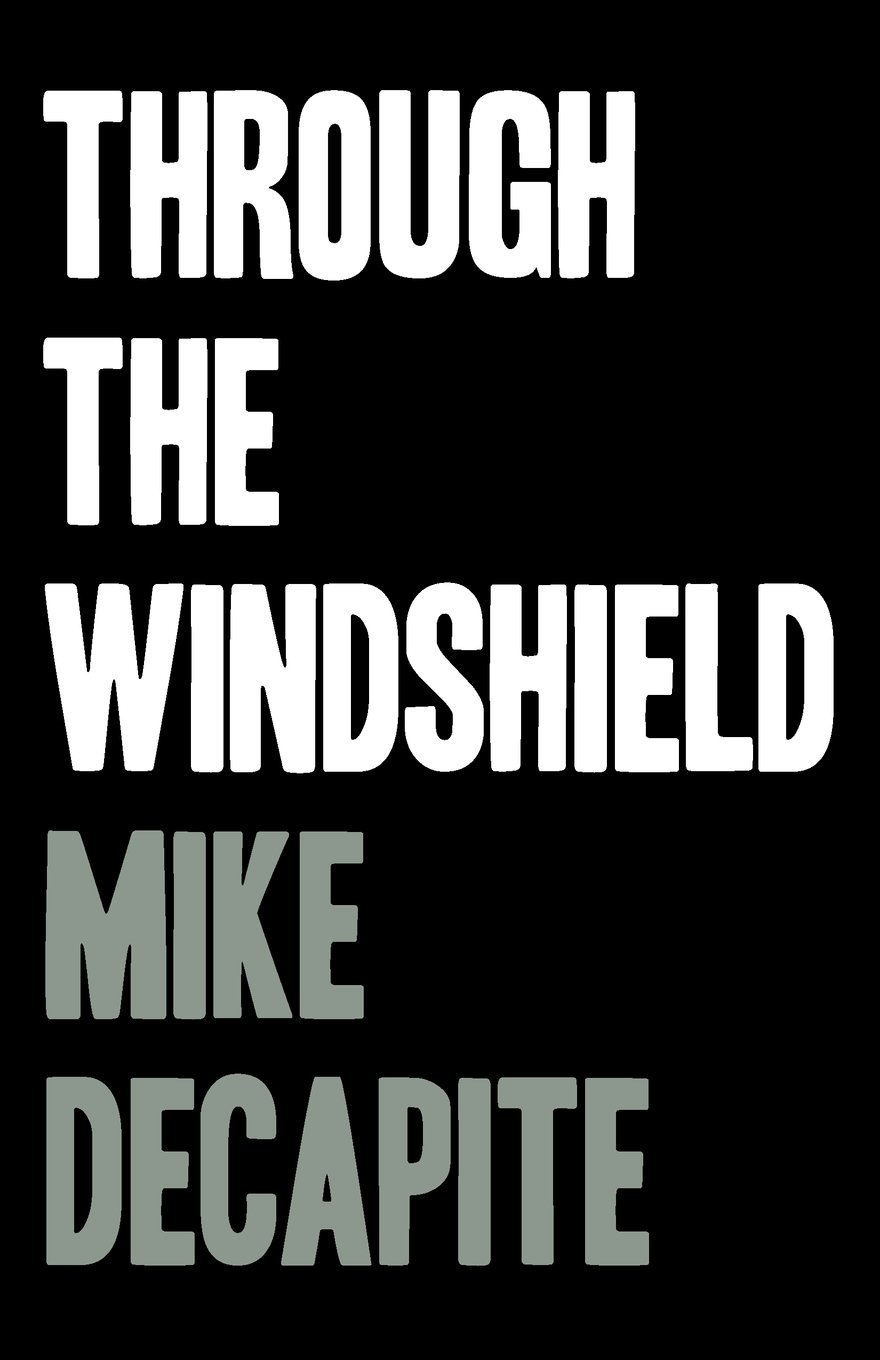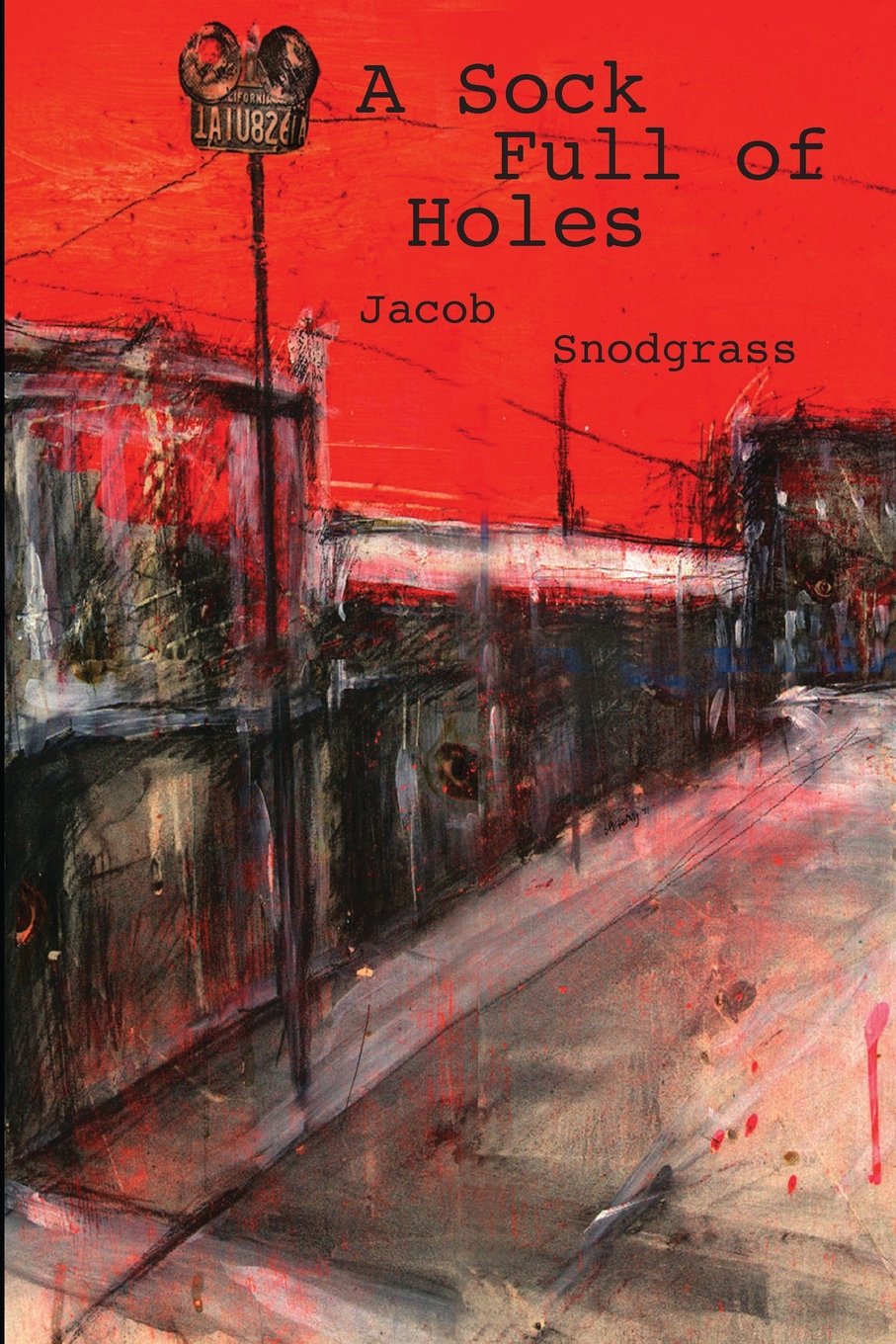Enter Rat Park at your own risk. Lose the cage. Find yourself. An L.A. power couple orders an A.I. sex droid to escape their marital prison. What happens to them could happen to you. With his fourth novel, Adam Novak shows us how it takes a village of automatons to augment your humanity, feed your deceptive compulsive sexual addiction, and forget why you ever got married in the first place.
Why a book on John O’Brien? This idea had its genesis when I was talking to John’s mother, Judith O’Brien, after a reading by Erin O’Brien when she released her book The Irish Hungarian Guide to The Domestic Arts at a gallery located in Lakewood, Ohio (John’s hometown). It was a brief conversation with Judith, I told her Leaving Las Vegas is a book that had a tremendous impact on me, and I spent several minutes explaining why. Judith, or as I called her then, the only time I’ve met her up to the time of this writing, Mrs. O’Brien, was so appreciative that I took the time to speak with her about this but I wasn’t quite sure if she thought I was just nice or if she understood the weight, the gravity, the impact that this novel could have in the hands of the right reader. The mental template for this project is Henry Miller’s Time of The Assassin. As far as structures, if I want to talk about homecoming themes, from Hamlet to Pinter’s The Homecoming, there is also the template of Homer’s The Odyssey. If there’s a treatise of one writer discussing another, where a reader…
“Had I mentioned the real intention behind my return home—eating myself to death—I’m pretty sure my grandmother’s reaction may have been more subdued…” So begins Teddy Rawski’s journey to his hometown of Buffalo, and to the end of the night. An obsessive eater, itinerant dreamer, half-hopeful novelist, reluctant food journalist, and a pathological football lunatic, Teddy ponders nascent adulthood’s quandaries on the road, over too many drinks and a beleaguered stomach. Set against the big-shouldered indifference of his present Chicago, between scattered half-stabs at professionalism, an unamused editor, unpolished manuscript, and a sputtering late-20’s romance, Teddy wonders on a last ditch trip. For an assignment, maybe. To end it all, possibly. But also for a check on the tattered family he left behind, and the broken Buffalo Bills responsible for all life failures. This is a story of the busted-gut death of a childhood, any idealism, all good health. Rife with chicken wings, pizza, and Proust, it is a reflection on football and futility, colored by a throat-punching uncle, slice-counting brother, and a smattering of ghosts and interior dialogue diarrhea. Spend It All is an after-hours vomitorium of fandom and frustration, a last-call fever dream of ideas and appetites. Todd…
AMERICAN STYLE HAIKU AND SENRYU Many of the poems in this collection are not haiku in the strictest sense. Yes, they are composed of three short lines in the present tense releasing a moment of revelation — outsight insight — in short, a verbal rendering of the “aha” moment of zen awareness. And they often depict that intersection between human and nature. But they do not employ a 5-7-5 syllable format which is, anecdotally anyway, the first response for a layman’s definition of the form. Nor do they have a “kigo”, or season word – in traditional Haiku one word from a set list to denote the time of year in which the poem occurs, for instance “frog” for spring. Neither do they use the “cutting” word, a verbal particle to accentuate the juxtaposition of images which usually occurs at the end of the second line; although they do occasionally use a dash to that effect. Many of the poems here could be called senryu, comic haiku that describe incidents of human nature. I feel compelled to mention this to warn off purists’ criticisms. These are American English haiku/senryu. I make no claim otherwise. Those seeking traditional…
Growing up in suburban Cleveland, Judah Leblang felt a deep connection with his Uncle Jerry, an orally-educated deaf man who lived an isolated life between the deaf and hearing worlds. Like Jerry, Leblang felt different too, struggling with his sexuality and trying to find his place in society, finally coming out in the mid-1980s. Many years later, after working in the Deaf Community and later, losing much of his own hearing, the author goes on a quest to understand his late uncle and to give him a voice—this man who died of a heart attack at 44, and who remained a mystery to those around him, encased in his silent world.
Kin to Penny Lane’s most postmodern of moments (though she feels as if she’s in a play / she is anyway) Chuck Joy’s Theme Of Line is much more than the sum of its parts. Its thematic narrative is driven by an engaging lyricism familiar to followers of his work and, though he may posit a cartoon life, no one, but no one, gets away without paying the piper. Cue the klaxon horn, sisters and brothers. Chuck Joy holds up the mirror, daring you to take a long, deep look. To which I say double down, pass it on. Don Wentworth, Editor, Lilliput Review Joy’s Theme Of Line swims in waves of an unique undulation. Observations on “life, the suffering outside my picture window”. Laden with images drawn from his own imagination, “oddly twisted that foot, to an angle unavailable in life”. Life in lines. Thought as poetry. “Poetry, a powerful and nonspecific consciousness enhancer”. Observations on all things, dear to us and things “far enough away to recognize our insignificance”. “Fasten Your Seat Belt”. Enjoy the ride. Cee Williams, Director, Poets’ Hall Chuck’s poems have appeared in Great Lakes Review, Ampersand Review, Crisis Chronicles, Lilliput Review, Chiron Review, Tobeco, JAMA, Intentionalwalkreview.com, Cotyledon, Rattapallax, Tempus,…
Paul Newcombe suffers the unlucky coincidence of seeing a ghost from his past on local television news. His old neighborhood pal, Gary Auro, now a deputy in a Portsmouth, Ohio, has been given the task of solving a mystery of a skull unearthed from a gravel pit. Driven by the need to restart old rivalries, Paul makes his way to Portsmouth to reclaim his past. Set against the backdrop of the annual Roy Rogers festival, a nostalgic cowboy extravaganza with live theater, the reunion lurches toward chaos, as Auro tries to hold together his life unsettled by the return of his own ghost. Woven among the story of Paul and Gary is the story of Kinnell and June, who are the darkened heart of the river town, who terrorize the streets and flee to a settlement in South Dakota, known as Jupiter Hill, once Kinnell confesses his crimes, real and imagined.
Russell Atkins, winner of the Cleveland Arts Prize 2017 Lifetime Achievement Award winner is a poet, playwright, composer and editor. Born in Cleveland in 1926, Atkins was raised by his mother, grandmother and aunt on the city’s east side. Perhaps best known for his work at Karamu House, considered the oldest African American theater in the United States, Atkins studied at Cleveland College, Cleveland Music School Settlement, Cleveland School of Arts and the Cleveland Institute of Music. In 1950, Atkins co-founded Free Lance: A Magazine of Poetry and Prose with friend Adelaide Simon. The first issue contained an introduction by Langston Hughes, and Free Lance continued under Atkins’ leadership for more than two decades. In the Company of Russell Aktins includes previously unpublished work by Russell and a collection of poems from the literary community of Cleveland and beyond as an homage to his genius.
In this engaging and thoughtful personal memoir, Kathy Ewing shows what it’s like to be raised by someone variously sullen, pleasant, angry, demanding, manipulative, and engaging—sometimes changing from one mood to the next in a single conversation. She writes of childhood memories, showing her mother’s troubling behavior, which mystified her until she discovered a name for it, putting it in the context of borderline personality disorder. The diagnosis, the wrestling with her history, and the very writing of that history have provided, if not healing, at least comfort and acceptance.
After losing cushy employment in the pummeling economic tumult of ’08, and suddenly saddled with a half-drunk mood of vagrancy, Teddy Rawski has taken to the road. Heading west, to San Francisco, south to New Orleans, and east, to New York, and eyeing the clouds from his back in the easy-going Midwest, Teddy wanders with adroit purposelessness through the pages and the American night. It’s a trail between joblessness and employment, rife with rejection, indifference and far too many beers. One where the ride and the arrival, the coming and the going, mix and mush into one unseemly heap – a directionless mess. Teddy seeks solace in his guitar, murky literary aspirations, a scattering of half-wise uncles, the ghost of a former tennis partner, and endless unemployment-check dreams. Maybe modern ennui could salvage that clichéd old adage about the journey, not the destination? Every generation must revisit the American landscape and define it anew… This isn’t a story about looking for a job (though, heavens knows, Teddy needs one), and it’s far from a coming-of-age, lessons-learned, open-diary saga of today’s economic climate. More it’s about the looking itself, the searching out of the end of the night, and its about…
“During the 30 years I was active in politics I would read novels to relax, to reflect, or to just imagine myself anywhere other than in City Hall. I ain’t never read anything as honest, imaginative and utterly scary as CITI. At first I thought it was about me; shit, where has this guy been?” -Mike White. Former Mayor of Cleveland RA Washington’s new novel, CITI, simultaneously explodes and expands our notions of gender, race, identity, and storytelling itself. Structured in vignettes that are by turns metafictional, narrative, and philosophical, the novel achieves a unified and electrifying effect. Washington is equally fluent in the argot of the street and the lingo of postmodernism. He can write a sentence that lures you in its effortless grace, and he can jar you to wakefulness with abrupt dissonance. This is a beautifully brazen and important novel. I cannot recommend it highly enough. -Okla Elliott, author of The Cartographer’s Ink and From a Crooked Timber CITI is Washington at the peak of his powers, its poetics achieve a frenzy that left me holding my delusions at bay. I thought I changed, only to realize at its beautiful end that I never was in the…
“The Starlight Line, is a fascinating, complex, layer-cake of a book. The frame narra…tion is semi-autobiographical; the narrator is a frustrated writer from Cleveland, searching for inspiration. The other layers interpenetrate and enrich the frame story: Jack London’s drug-addled wanderings; Trotsky’s assassination in Mexico; a writer’s search for Jack Kerouac’s mysterious muse, Esperanza Villanueva. Marshall’s skillful technique allows him to experiment with a variety of narrative voices that work like various instruments in a symphony. The voices add texture and depth to the story. In effect, Marshall produces a novel that is about the process of fiction writing itself.” —Philip J. Skerry, author of Dark Energy: Hitchcock’s Absolute Camera and the Physics of Cinematic Spacetime and Psycho in the Shower: The History of Cinema’s Most Famous Scene
Many have written about the rise of Nazi Germany and the indelible mark it has left in history. But none has told the story of the plight of the German Jewish writers so well as Yoko Morgenstern has in Double Exile. In a trifecta of countries, time, and cultures, Morgenstern weaves a spellbinding psychological drama that innocently begins when a graduate student from Japan comes to Germany to search out the story of Hans Carossa, one of Germany’s greatest but seemingly most forgotten modernist writers. In prose that brims with intelligence and humanity, Morgenstern shows how Carossa and his contemporaries struggle with their decision to stay or flee Nazi Germany, a decision that results in equally unfavourable fates—accusations of pro-Nazi alliances if they stay or internment in countries such as Canada if they leave. Laura Lush This novel is an absolute must. Yoko Morgenstern’s sensitive exploration of art and political responsibility, of internal and external perspectives on times of crisis, and of the interconnectedness of and analogies between different (national) histories is stunning and makes Double Exile an essential contribution to the literary landscape of the new millennium. Maria Löschnigg, Professor of English and Canadian Literature, University of Graz, Austria…
On a summer afternoon in 1985, while sitting on his porch steps in Tremont, Mike DeCapite opened a notebook to a blank page and wrote the words A Year on the Southside, and under that heading he took a few notes about the neighborhood where he’d been living for four years and where he’d spent nearly every Saturday visiting his grandmother, growing up. DeCapite was 23, with time to kill, having recently lost his job as a cab driver. To that time, he’d written journals and a few prose poems, and now he wanted to write a novel using both those forms. He was primarily concerned with creating a world where a reader would want to spend time, capturing its atmosphere, and conveying something of what time feels like, the actuality of passing time. He envisioned a novel that was open to chance and that combined the formal inclusiveness of James Agee’s Let Us Now Praise Famous Men and the lively intimacy of Celine’s Journey to the End of the Night. In his next-door neighbor Ed, he knew he’d found an outrageous voice of experience as a foil for his romantic narrator. He wanted to write what he thought of…
Snodgrass’ writing careens between the caterwauling of desperate souls in the fever of rutting to moments of perfect silence and contemplation. The command of his material is sure and he is unafraid to develop themes atop such disparate muses as Squeaky Fromme, drunken nights, and the legacy of wartime atrocities. There are plenty of laugh out loud moments within these stories, as they arise from the humor of the situation and of the character’s misspent lives. The plots crackle with originality as the characters lead us through what at first feels like the edges of a collapsing society, but as the stories tumble through your consciousness you begin to believe you might be standing smack in the middle of an alternate universe or in a trash-strewn berm of a marginal road slicing through your own neighborhood. Coming in May of 2014.
